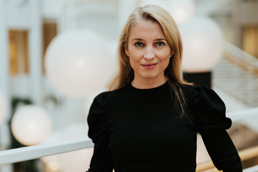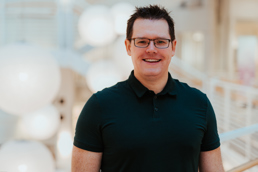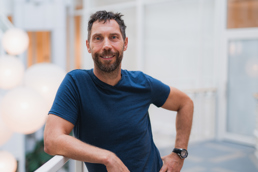Mesasurement of Stress in Students (MESS)
- Project period: 2021 - 2024
- Category: In-house Project
Description
Studies indicate that social distancing is affecting the level of depression, anxiety, and stress negatively in the general population, and researchers call for prevention and intervention in order to combat the negative effects of isolation and loneliness. Research also shows that the drop-out rates inclines, as well as suicidal thoughts and behaviour.
Communication, leadership, stress-management, learning and performance are human behavioural traits that are interrelated, and best understood using an interdisciplinary approach. Recent advances in technology and biological analysis enables new interdisciplinary studies. The stress hormone cortisol and the sex-hormone testosterone are hormones that affect and are affected by human behaviour. Hormone levels may be measured in a short timeframe (saliva samples) or a long timeframe (hair samples).
Objectives:
The MESS research project objectives are to develop and test research models for studying the interactions between human biology, psychology and behaviour, focusing on communication, learning and leadership, and to map the status of stress (using hair cortisol and testosterone measurements) on a student population during the pandemic. We also like to provide knowledge on the potential effects that social distancing has on the level of stress in this population.
Collaborating institutions: University of Graz
Financing
Participants
Per Morten Fredriksen
- Project manager
Kristiania University College
Kristiania University College
Nora Thorsteinsen Toft
Kristiania University College
Kristiania University College

Helene Tronstad Moe
- Associate Professor
Kristiania University College
Institutt for ledelse og organisasjon
Helene Tronstad Moe
Martin Frank Strand
- Associate Professor
Kristiania University College
Institutt for helse og trening
Martin Frank Strand
